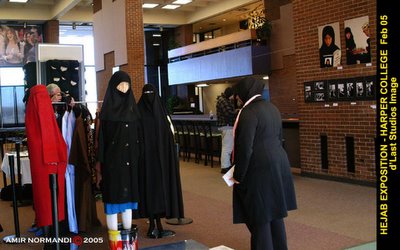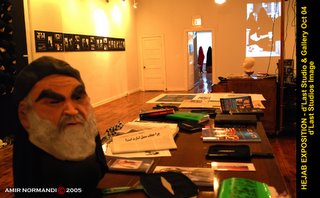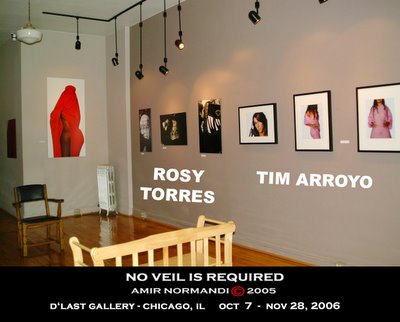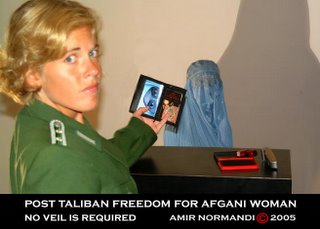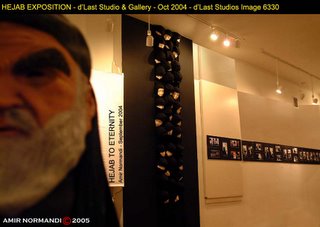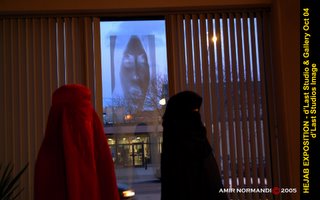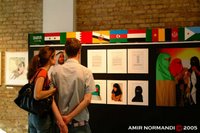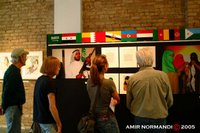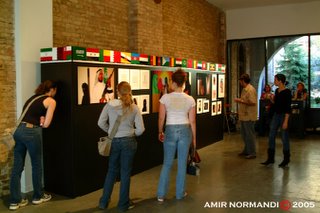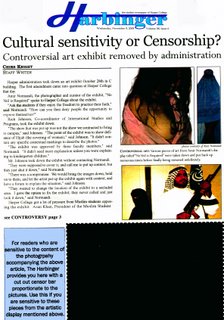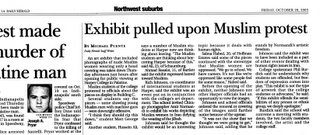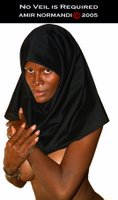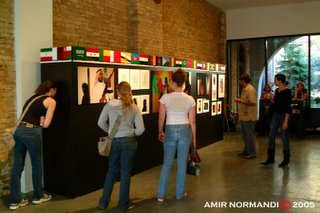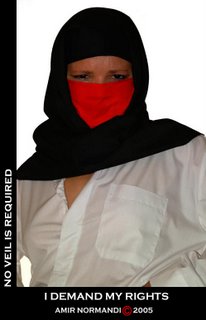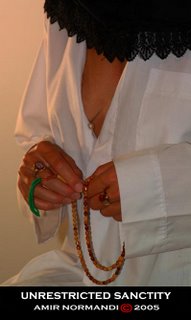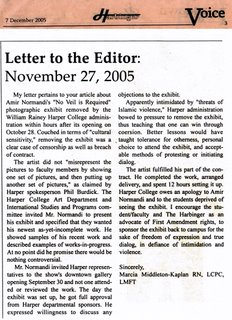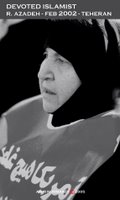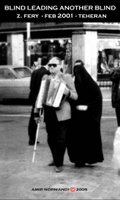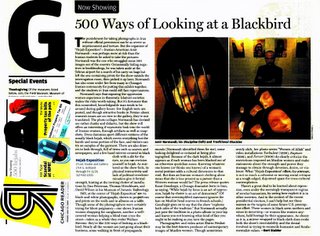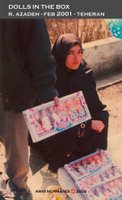Yes, No Virility.
Yes, my brother we have no Virility when we tolerate unjust laws in our constitution which discriminates against our; mothers, sisters, wives and daughters.
Yes my brother we lack Gallantry when women in our society have no child custody rights.
We lack Fortitude when our women can not initiate a divorce petition unless they forego all their potential rights.
We have no Valor if our women can not travel (obtain a passport) on their own.
 We lack Audacity when our women can not pursue employment.
We lack Audacity when our women can not pursue employment.
We are not Fervent when our daughters receive one-half less inheritance than our sons do.
We lack Strength when our women scholars are not allowed to become judges.
We have no Courage when our women are not allowed to testify as a witness.
We lake Boldness when we require virginity for our daughters but not for our sons.
We have no Guts to stand firm in uprooting all laws not granting full human rights to women in our society.
We lack the Spirit when seeking freedom of press, freedom of political association or freedom of expression yet ignoring the gross human right violation of women in our society.
Yes my brother we do not have the Determination and the resolve to demand democracy and human rights for ALL.
|
Yes my brother we lack Gallantry when women in our society have no child custody rights.
We lack Fortitude when our women can not initiate a divorce petition unless they forego all their potential rights.
We have no Valor if our women can not travel (obtain a passport) on their own.
 We lack Audacity when our women can not pursue employment.
We lack Audacity when our women can not pursue employment.We are not Fervent when our daughters receive one-half less inheritance than our sons do.
We lack Strength when our women scholars are not allowed to become judges.
We have no Courage when our women are not allowed to testify as a witness.
We lake Boldness when we require virginity for our daughters but not for our sons.
We have no Guts to stand firm in uprooting all laws not granting full human rights to women in our society.
We lack the Spirit when seeking freedom of press, freedom of political association or freedom of expression yet ignoring the gross human right violation of women in our society.
Yes my brother we do not have the Determination and the resolve to demand democracy and human rights for ALL.

